Im Interesse einer klimafreundlichen Gesellschaft müssen wir die Fakten kennen, Informationen austauschen und miteinander reden.
Der Klimapakt wird dazu beitragen, Wissen über Klimaschutzmaßnahmen zu vermitteln, das wissenschaftlich fundiert ist und eine Grundlage für Aktionen bietet. Er wird Lösungen vorstellen, die als Inspiration und Vorbild dienen können, und Netzwerke und Gemeinschaften dabei unterstützen, ihre Aktionen auszudehnen und ihren Wirkungsgrad zu steigern.
Was wird im Rahmen des Klimapakts getan?
- Es werden Botschafterinnen und Botschaftern ernannt, die mit den Menschen in ihren Gemeinschaften und Netzen in Kontakt treten.
- Wissenschaftliche Erkenntnisse werden in Optionen für den Alltag übersetzt.
- Klimakompetenz wird gefördert und Klimawissenschaft und Klimaschutzlösungen werden in Bildungsprogramme integriert.
- Klimamythen werden entlarvt und es wird gegen die Leugnung des Klimawandels vorgegangen im Einklang mit den Maßnahmen zur Bekämpfung von Desinformation und dem Europäischen Aktionsplan für Demokratie
- Menschen werden zusammengebracht, damit sie Erfahrungen und Ideen austauschen können.
- Bestehende Initiativen mit verschiedenen Interessenträgern werden zur Sensibilisierung genutzt.
Haben Sie eine großartige Idee?
Schon gewusst?
Europäische Initiativen

Learn about climate change and what we can do about it. Information for young people and teachers in all EU languages.

Materials for primary and secondary school pupils and their teachers.
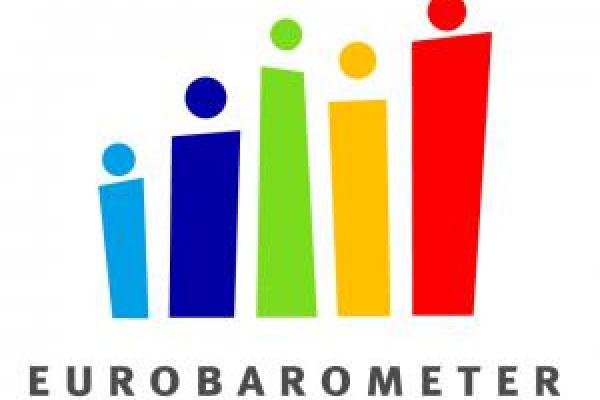
What do Europeans think about climate change? Results of EU-wide surveys.
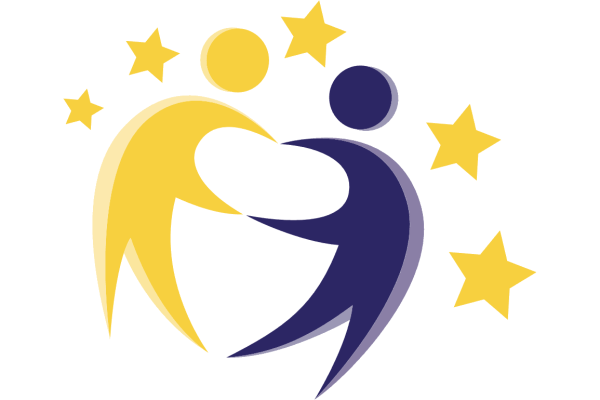
eTwinning is the community for teachers and schools in Europe. Focus in 2020: Climate change and environmental challenges.

Online course developed by School Education Gateway’s Teacher Academy.

Enabling young people to benefit from the best education and training, and to find employment across Europe.

The EU's programme to support education, training, youth and sport in Europe.
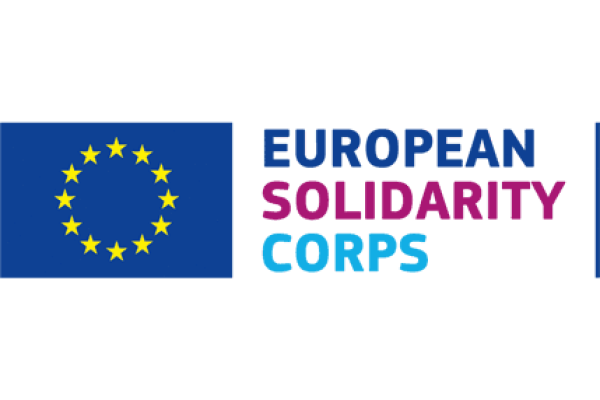
Helping organisations and young people carry out projects that will benefit people and communities in their own country or elsewhere in Europe.

Information on sustainable development and youth actions in the field.

Supporting projects to raise awareness and promote active engagement on big development challenges of our time.
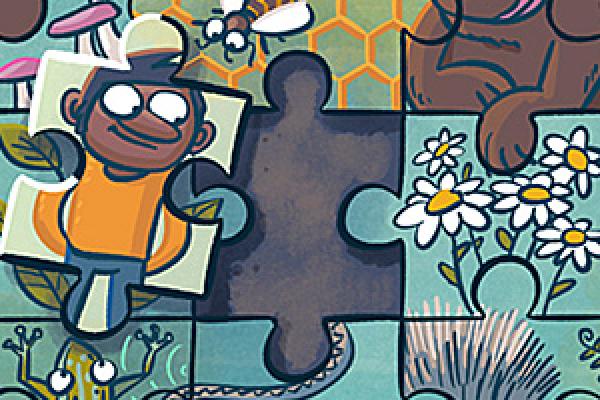
National parks, aquariums, botanic gardens, zoos, science and natural history museums, research centres raising their voice about the nature crisis.
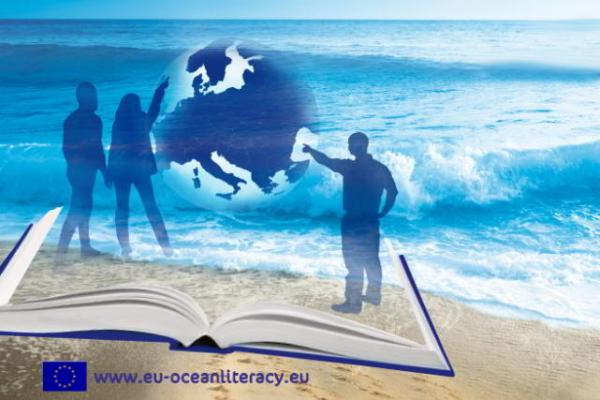
Connecting organisations, projects and people that contribute to ocean literacy and the sustainable management of the ocean.

Mobilising the education and training community to work towards achieving climate neutrality.
Project examples
Many EU programmes support concrete projects on climate and environment.
Examples from Creative Europe, Erasmus+ and European Solidarity Corps:
- Factsheet Creative Europe: Food as a Social Force
- Factsheet Erasmus+: Beelieve in Biodiversity
- Factsheet Erasmus+: Food education for a better future
- Factsheet Erasmus+: Greener education for the next generation
- Factsheet Erasmus+: Planting Power!
- Factsheet European Solidarity Corps: Repair Café
- Factsheet European Solidarity Corps: Spherical Research Garden
- Factsheet European Solidarity Corps: Urban ecology
- Factsheet European Solidarity Corps: Wintertide
